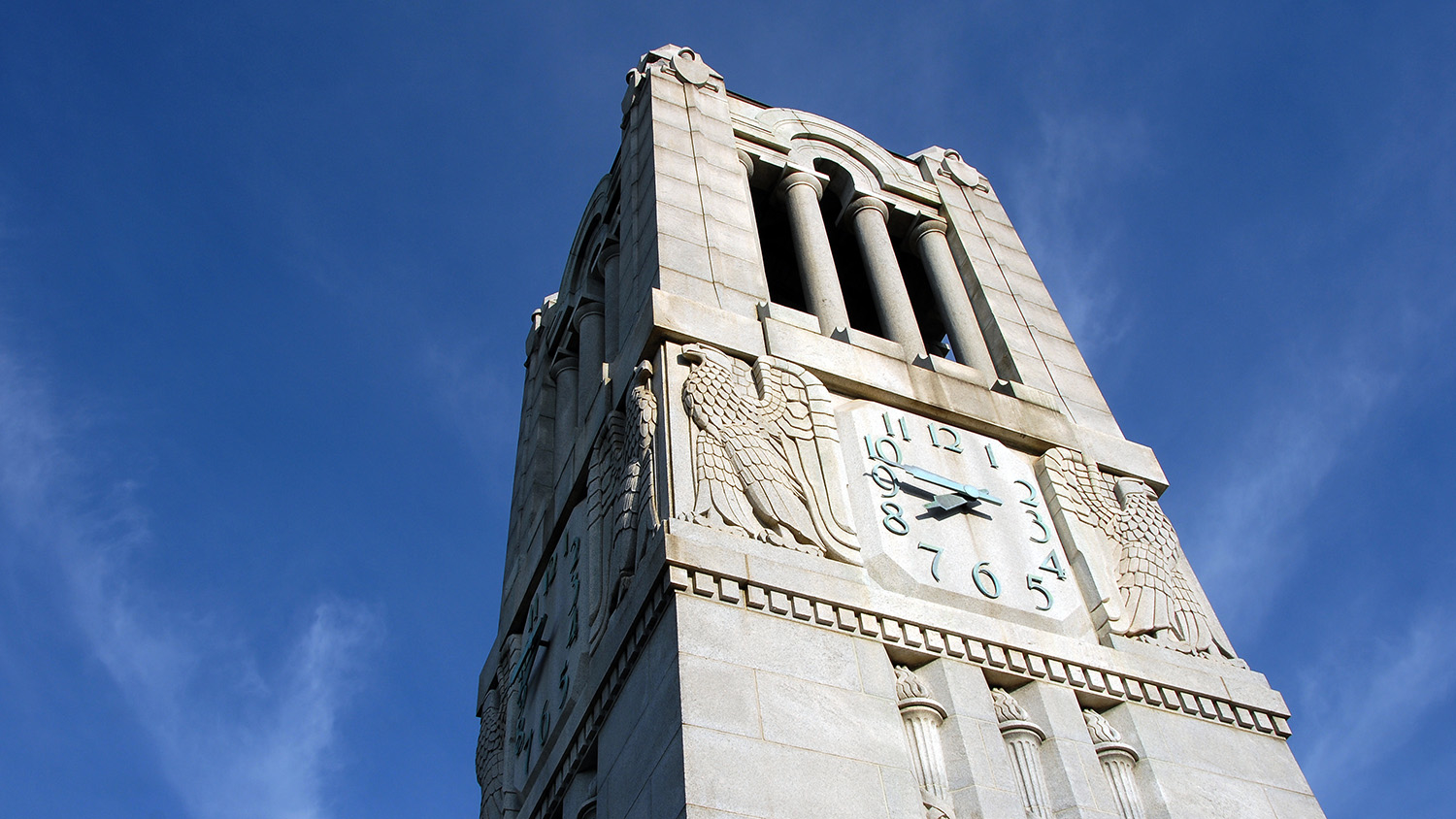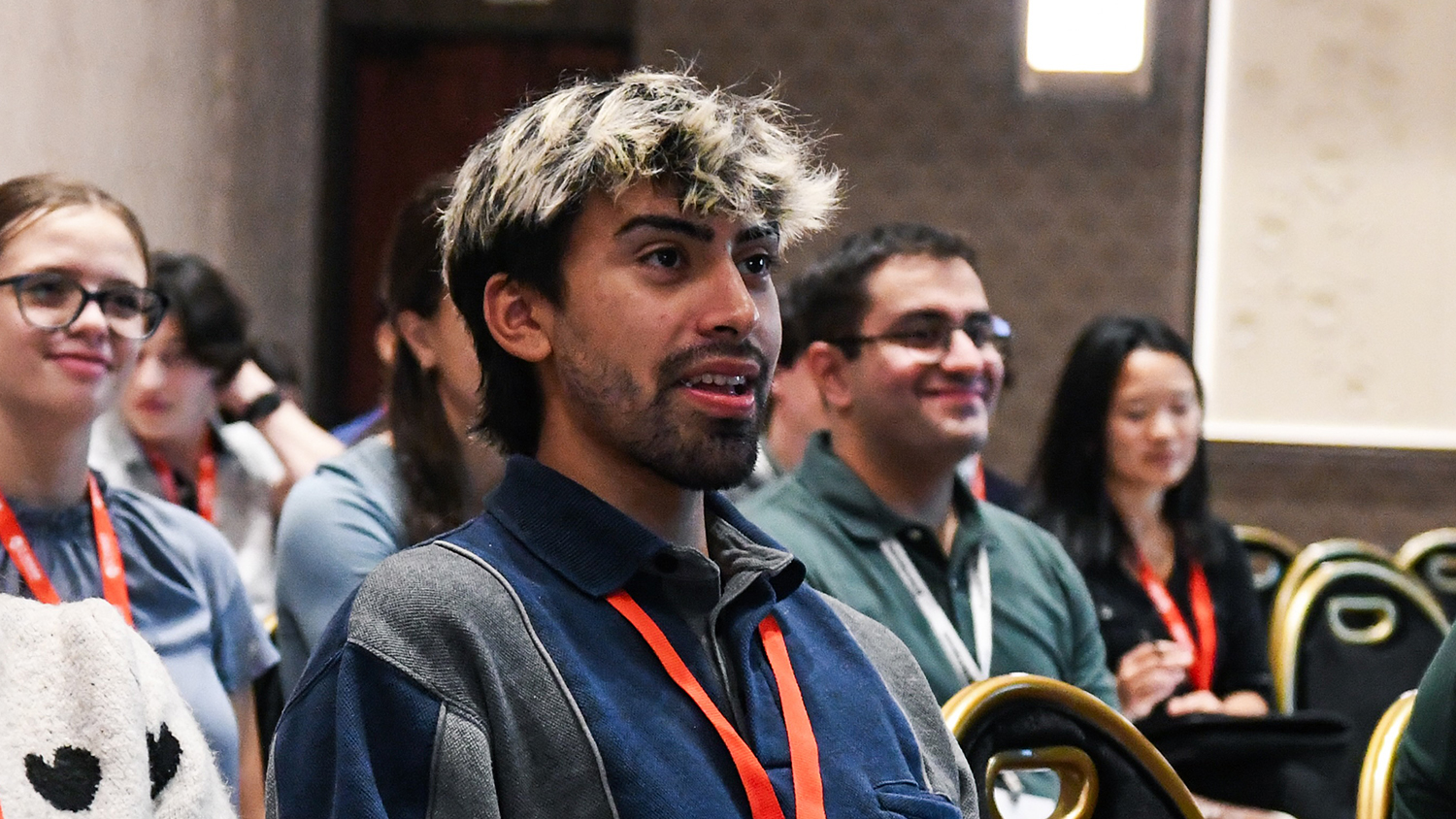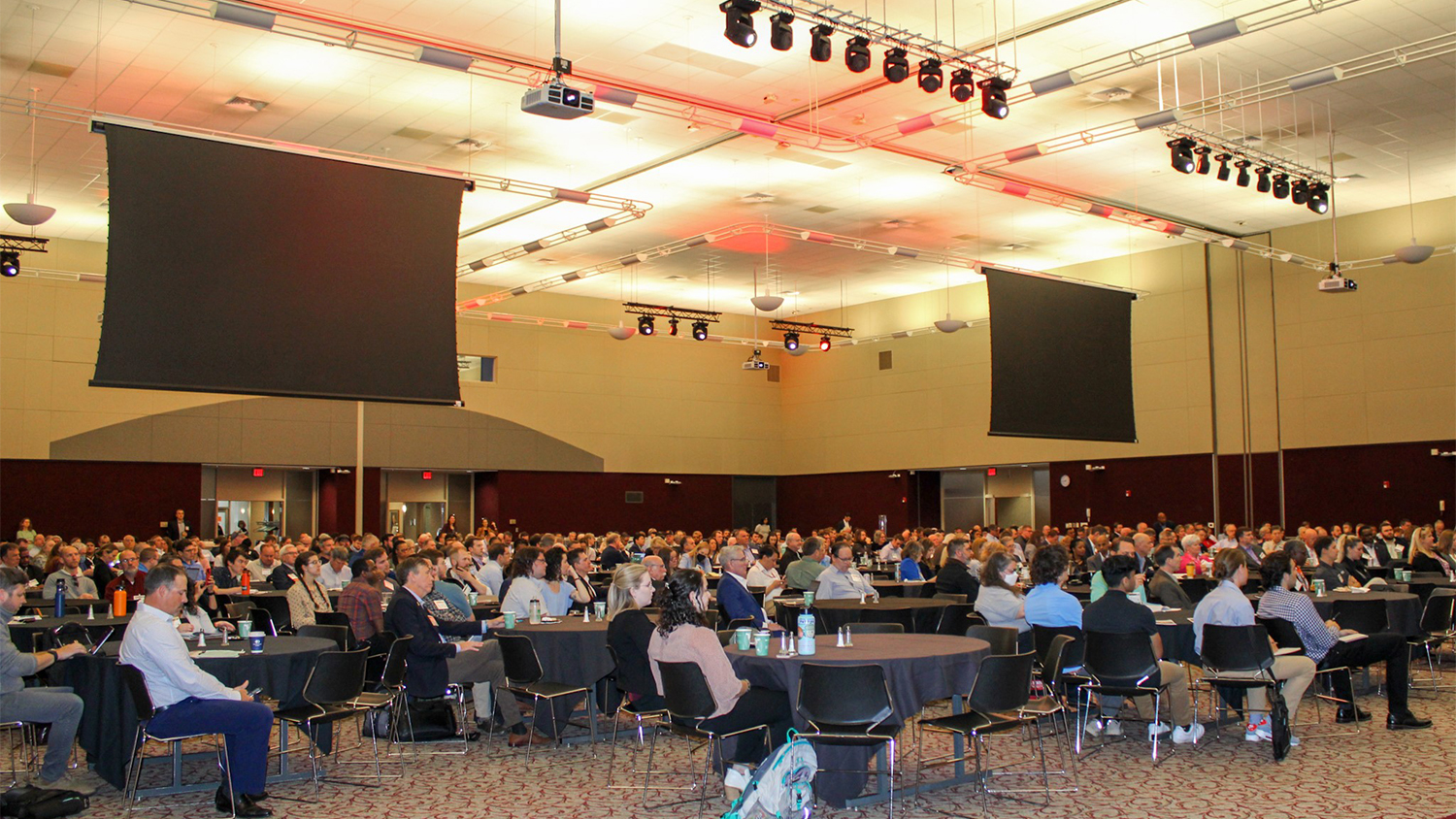NC State students win Goldwater Scholarships

Three NC State students have been awarded prestigious Goldwater Scholarships, joining the ranks of the brightest undergraduate researchers in the nation.
The highly competitive scholarship, awarded to 396 college sophomores and juniors, provides up to $7,500 per academic year to cover tuition, fees, books, food and housing. Named for the late Arizona Sen. Barry Goldwater, the program seeks to strengthen the nation’s leadership in science and technology.
Meet NC State’s 2020 Goldwater Scholars
- Daniel Haller, a Park Scholar majoring in chemical and biomolecular engineering, studies global infectious diseases to advance research in that field. Read Daniel’s story.
- Chemistry major Jonathan Palmer is tackling the global energy crisis by doing research to make solar power more cost-effective. Learn more about Jonathan.
- Noah Wolfe, a Park Scholar majoring in physics and math, studies supernovas to expand our knowledge of physics. Check out Noah’s story.
NC State has had 59 Goldwater Scholars since the program was established more than 30 years ago.
The 2020 class of Goldwater Scholars includes 203 women and 191 men (not all scholarship recipients reported their gender). Fifty scholars are mathematics and computer science majors, 287 are majoring in the natural sciences and 59 are majoring in engineering.
The program allows U.S. colleges and universities to submit up to four nominees for the scholarship each year. From an estimated pool of 5,000 applicants this year, the total number of nominees was 1,343 students representing 461 academic institutions.
All Goldwater Scholarship applicants at NC State received mentorship and support from the university’s Goldwater Scholarship Committee: Lisa Bullard, chemical and biomolecular engineering; Gavin Williams, chemistry; Kenan Gundogdu, physics; Min Kang, mathematics; and Larry Blanton, plant and microbial biology. These faculty members review the students’ applications and suggest ways to strengthen them.
This post was originally published in NC State News.
- Categories:


